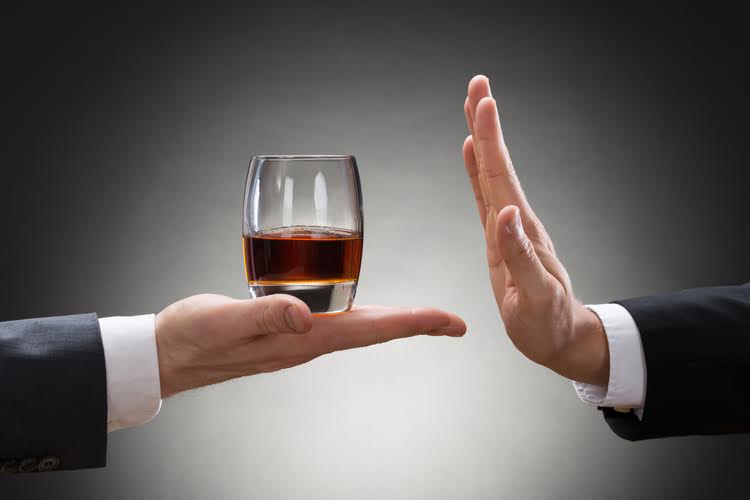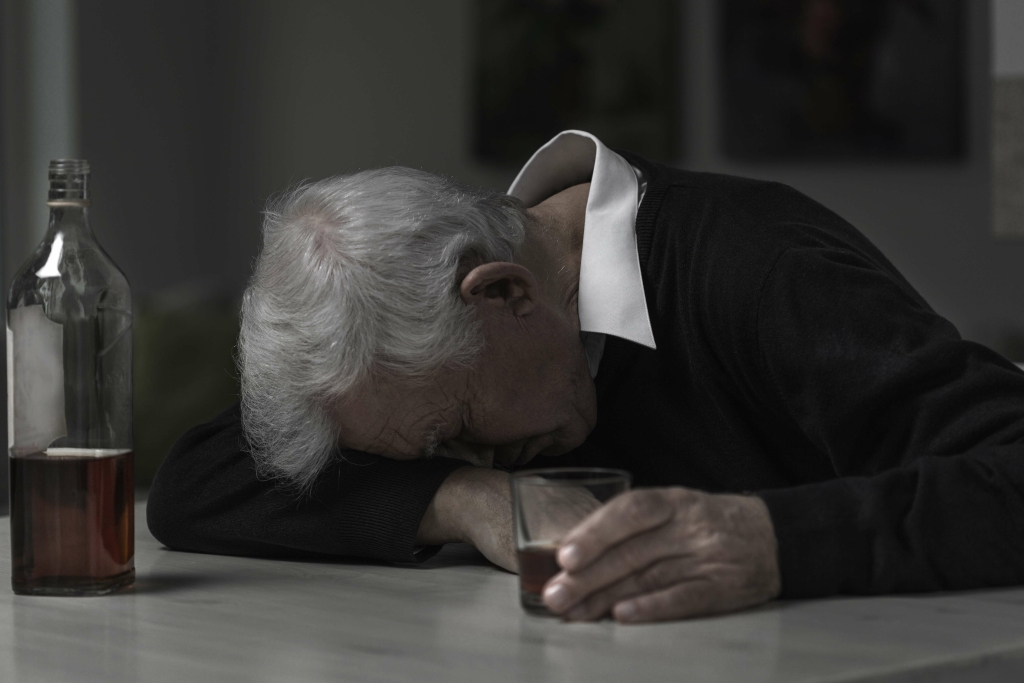Without alcohol to help produce GABA and lower glutamate, your body still produces less GABA and more glutamate. Most people who get hangovers can diagnose themselves based on their alcohol consumption and symptoms. If you feel sick after consuming alcohol, you most likely have a hangover. You may end up feeling more restless, anxious and irritable than before you drank.
- Alcohol is a depressant that changes the way the nervous system functions.
- If these symptoms persist or are accompanied by other concerning signs, it is advisable to seek medical attention for proper evaluation and diagnosis.
- A cerebellar tremor is a type of shaking that occurs at the end of a purposeful movement.
Other Contributing Factors

Alcohol-related brain damage is a brain disorder caused by regularly drinking too much alcohol over several years. As the alcohol leaves the system, tremors and shaking can happen due to the effect that alcohol has on the brain. It is a depressant and will slow or delay responses in the nervous system. It also affects the area of the brain that controls movement and coordination. So, don’t hesitate to reach out for support if you or someone you know is struggling with alcohol addiction. Alcohol is a diuretic, which means it causes you to urinate more often.
Hydration and Replenishing Electrolytes
- In some cases, the brain becomes so over-excited that it stops functioning properly altogether.
- This mostly happens when you consume a large quantity of alcohol in a relatively short period.
- As a result, individuals may experience increased feelings of fatigue and drowsiness, which can contribute to the development of hangover tremors.
- It’s important to note before looking at what the tremors are that if you notice the tremors are not lessening over time or feel like something is not right, seek immediate medical help.
Alcohol abuse is a much bigger threat than a one-off incident of suffering a bit of tremor after drinking heavily. Dr. Audrey Sue Cruz, MD, a hospitalist at Loma Linda University Medical Center, noted that dehydration paired with electrolyte imbalances could be one reason behind the soreness. Research suggests people who already struggle with feelings of anxiety in their day-to-day lives are especially vulnerable to hangxiety. There isn’t one clear answer to this question, as several factors can play a role in whether someone experiences hangover-related anxiety.

Struggling with addiction or mental health? Request a confidential call today.
Some people have a headache a few hours after drinking wine — especially red wine. But it’s different from a hangover, which may or may not include a headache. It’s possible that some chemicals in wine and how the body responds to them could result in a headache after drinking wine.

When should I see a healthcare provider?
Low blood sugar levels https://therevolutionnews.com/succession-s-nicholas-braun-pleads-not-guilty-2/ due to the impact of alcohol on the body’s ability to monitor blood sugar can also contribute to hangover shakes. When blood sugar drops, it can lead to shaking along with other hangover symptoms like sweating and headaches. Remember, these strategies are meant to alleviate the symptoms and should not be seen as a cure for a hangover. If your symptoms persist or worsen, it’s important to seek medical attention for proper evaluation and guidance. Low blood sugar, also known as hypoglycemia, can also contribute to hangover shakes. When alcohol is consumed, the liver prioritizes processing alcohol over other functions, such as producing glucose.
Are You Seeing the Signs? A Comprehensive Guide to Sex Addiction Symptoms
Hangover symptoms, including shakes, typically peak when blood alcohol concentration (BAC) reaches zero and can last up to 24 hours after drinking. The duration of hangover shakes can vary from person to person and may be influenced by factors such as the amount of alcohol consumed, individual tolerance, and overall health. Temporary changes to neurotransmitter activity and low blood sugar are shaking when hungover part of the reasons why some people experience hangover shakes after consuming alcohol and subsequently stopping. Alcohol acts as a nervous system depressant, but when a person stops drinking, the nervous system becomes overexcited, leading to symptoms of alcohol withdrawal, including hangover shakes. “The hangover shakes”, also known as alcohol tremors or the alcohol shakes, are a common symptom experienced by individuals after heavy alcohol consumption.
You might fixate on these thoughts and get trapped in a cycle of worrying and rumination. This is why when we drink, we often feel more sociable, carefree and willing to let our guard down. You can also ask your practitioner about taking 50 milligrams or less of vitamin B6 daily, which may help ease symptoms of morning sickness, she says. Keep in mind that “excessive” means different things to different people. Dehydration is actually one of the major culprits of an actual hangover, says Donna Casey, MD, an internist in Dallas, Texas.
The shakes can also be accompanied by other symptoms, such as headache, nausea, and sensitivity to light and sound. Your body has to catch up and metabolize the alcohol you consumed,” says Cleveland Clinic emergency medicine physician James Roach. That list is according to the National Institute on Alcohol Abuse and Alcoholism (NIAAA), which also notes it can be hard to predict how many drinks it takes to spark a hangover. It’s no secret that the more alcohol you drink, the more likely it is that you’ll alcohol rehab have a hangover.




 Facebook
Facebook Instagram
Instagram Yelp
Yelp